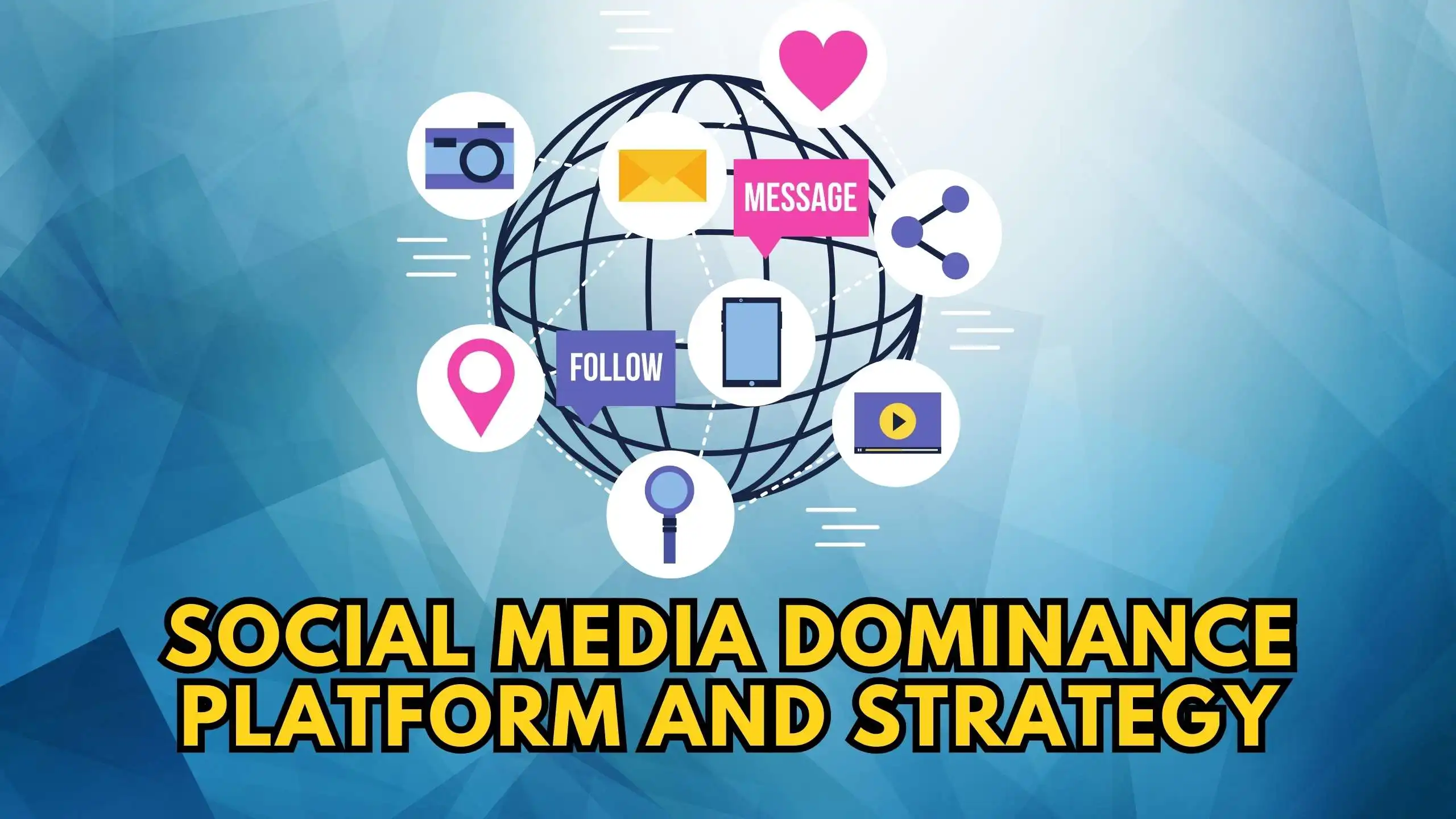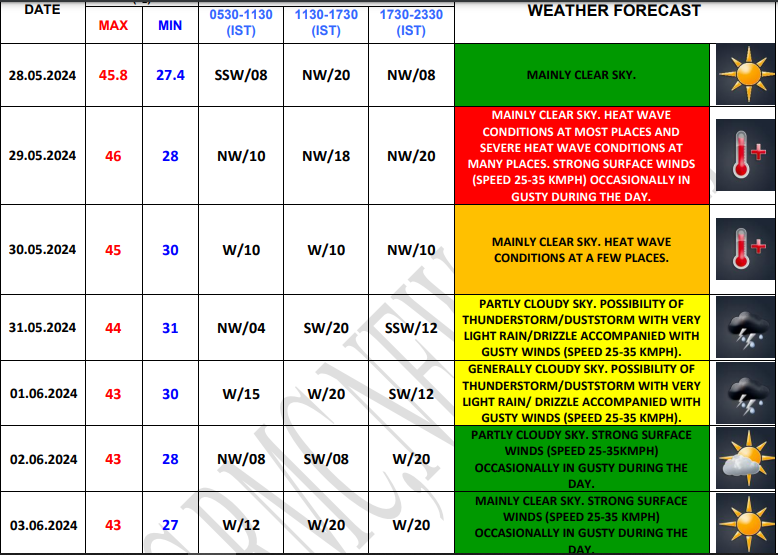Meta And The FTC: The Ongoing Antitrust Fight Over Social Media Dominance

Table of Contents
Meta's Acquisition Spree: A History of Controversial Deals
Meta's meteoric rise hasn't been solely organic; it's been fueled by a series of strategic acquisitions, some of which have drawn intense scrutiny from regulators. The acquisitions of Instagram and WhatsApp are prime examples, fueling concerns about stifling competition and creating a social media monopoly.
-
Instagram Acquisition (2012): Meta acquired Instagram, then a burgeoning photo-sharing app, for a reported $1 billion. The FTC's argument centers on this acquisition preventing Instagram from becoming a serious competitor to Facebook. This acquisition significantly broadened Meta's reach and user base.
-
WhatsApp Acquisition (2014): Meta's purchase of WhatsApp, a popular messaging platform, for $19 billion further solidified its dominance in the social media sphere. The FTC argues this acquisition eliminated a potential rival and hindered innovation in the messaging market.
-
Timeline and Investigations: Both acquisitions triggered FTC investigations, focusing on whether these deals violated antitrust laws by preventing the emergence of rival social media platforms and fostering a social media monopoly. The timeline of these investigations highlights the ongoing concern over Meta's aggressive acquisition strategy and its potential impact on anti-competitive mergers.
The FTC contends that these acquisitions weren't merely shrewd business moves; they were strategic maneuvers to eliminate potential threats and consolidate Meta's control over the social media monopolies landscape. The key argument focuses on how these acquisitions have prevented the organic growth and competition of other messaging and social media apps.
The FTC's Case Against Meta: Key Allegations
The FTC's case against Meta rests on several key allegations, all centered around the violation of antitrust laws and the maintenance of a fair competitive market.
-
Monopolization Claims: The FTC argues that Meta has engaged in monopolization, leveraging its dominant market position to stifle competition and maintain its control. This includes allegations of predatory pricing and exclusionary conduct designed to eliminate rivals.
-
Anti-competitive Behavior: The complaint focuses on how Meta’s acquisitions and subsequent actions hindered competition and innovation. This anti-competitive behavior allegedly involved strategic moves to limit the growth of competitors and maintain Meta’s market dominance.
-
Data Privacy Concerns: The FTC’s case also touches upon data privacy issues, arguing that Meta's control over vast amounts of user data provides an unfair competitive advantage and raises serious concerns about data security and user data protection. This emphasizes the broader context of data privacy in relation to antitrust concerns. The case alleges that this data privacy issue is an inherent part of Meta's monopolistic practices.
These allegations, if proven, would represent a significant violation of antitrust laws and have profound implications for the future of social media regulation and competition.
Meta's Defense: Arguments Against the FTC's Claims
Meta has vehemently defended itself against the FTC’s accusations, putting forward several counter-arguments.
-
User Benefits: Meta argues that its acquisitions benefited users by integrating services, enhancing user experiences, and fostering innovation within its interconnected ecosystem. They claim improved user interface and functionality were direct results of these mergers.
-
Innovation Argument: Meta asserts that its acquisitions have actually fueled innovation, allowing for the development of new features and functionalities that would not have been possible otherwise. They maintain that their investments spurred technological advancement beneficial to the user.
-
Competitive Landscape: Meta's defense also highlights the vibrant and competitive nature of the social media landscape, emphasizing that numerous alternative platforms exist and that users have numerous choices available to them. They point to the emergence of other social media giants as evidence against accusations of a social media monopoly.
These arguments are crucial to understanding the complexities of the case and the challenges in defining and regulating digital monopolies. The central debate revolves around whether the benefits of integration outweigh the potential harms of reduced competition.
The Broader Implications for Social Media and User Data
The outcome of the Meta and the FTC legal battle will have far-reaching implications for the future of social media and user data.
-
Impact on Social Media Competition: A ruling against Meta could significantly reshape the social media landscape, potentially leading to increased competition, new market entrants, and a more diverse range of platforms. This would significantly impact the competitive landscape of the industry.
-
Changes to Data Privacy Regulations: The case could influence the evolution of data privacy regulations, leading to stricter rules concerning the acquisition of companies and the use of user data by dominant tech firms. The ruling may result in strengthened social media regulation surrounding data privacy concerns.
-
User Choice and Control: The outcome could affect the level of user choice and control over their data and online experiences. A more competitive market could empower users by giving them more options and potentially more control over their personal information. This highlights the importance of user data and user agency in the context of digital markets and competition policy.
Conclusion: The Future of Meta and the FTC's Antitrust Fight
The legal battle between Meta and the FTC represents a critical juncture in the ongoing debate over the regulation of powerful tech companies. The central conflict remains: balancing Meta's aggressive business practices with the FTC's concerns about antitrust violations that potentially harm competition and user data protection. The potential outcomes range from significant fines and structural remedies to a complete dismissal of the FTC’s claims. Regardless of the final verdict, the case underscores the need for ongoing discussions about social media regulation and the need for a fair and competitive digital markets environment.
To stay informed about the evolving situation and its implications, it is vital to follow the Meta and FTC antitrust case. Understanding the complexities of this case is crucial to grasping the implications of social media monopolies and the necessity of informed discussions about social media regulation. Learn about the ongoing developments and contribute to the conversation surrounding the future of digital competition.

Featured Posts
-
 The Wonder Of Animals Exploring The Animal Kingdom
May 13, 2025
The Wonder Of Animals Exploring The Animal Kingdom
May 13, 2025 -
 Beyond Radhe And Antim Analyzing Salman Khans Underperforming Films
May 13, 2025
Beyond Radhe And Antim Analyzing Salman Khans Underperforming Films
May 13, 2025 -
 Third Child For Cassie Ventura And Alex Fine
May 13, 2025
Third Child For Cassie Ventura And Alex Fine
May 13, 2025 -
 Walk Your Dog Boost Your Wellbeing Didcot Mental Health Awareness Event
May 13, 2025
Walk Your Dog Boost Your Wellbeing Didcot Mental Health Awareness Event
May 13, 2025 -
 High Temperatures In Delhi Prompt Government Heatstroke Advisory
May 13, 2025
High Temperatures In Delhi Prompt Government Heatstroke Advisory
May 13, 2025
Latest Posts
-
 Damiano David I Yevrobachennya Scho Chekaye Na Nas U Maybutnomu
May 14, 2025
Damiano David I Yevrobachennya Scho Chekaye Na Nas U Maybutnomu
May 14, 2025 -
 Yevrobachennya 2025 Analiz Nestandartnogo Formatu Opera V Sauni
May 14, 2025
Yevrobachennya 2025 Analiz Nestandartnogo Formatu Opera V Sauni
May 14, 2025 -
 Kontseptsiya Yevrobachennya 2025 Opera V Nespodivanomu Mistsi Sauni
May 14, 2025
Kontseptsiya Yevrobachennya 2025 Opera V Nespodivanomu Mistsi Sauni
May 14, 2025 -
 Clasicos Del Futbol Espanol 5 Partidos Historicos Entre Valencia Y Sevilla
May 14, 2025
Clasicos Del Futbol Espanol 5 Partidos Historicos Entre Valencia Y Sevilla
May 14, 2025 -
 Perspektivi Povernennya Damiano Davida Na Yevrobachennya
May 14, 2025
Perspektivi Povernennya Damiano Davida Na Yevrobachennya
May 14, 2025
